Symptoms Offer Clues in Endometriosis Management
Non-invasive imaging techniques like transvaginal ultrasound and magnetic resonance imaging (MRI) are valuable for identifying deep infiltrating endometriosis (DIE) and ovarian endometriomas. However, these tools often fail to detectperitoneal lesions, which can also cause significant symptoms. A new study published in Archives of…
Key Points Lay SummaryPeritoneal Endometriosis Impairs Ovarian Reserve in a Rat Model
Peritoneal endometriosis significantly decreases the health of the ovaries, found a new study conducted in a rat model. It does so by disrupting the development of ovarian follicles, reducing ovarian reserve, and increasing programmed cell death. In other words, it…
Key Points Lay SummaryClinical Endometriosis Despite Negative Histology: A Diagnostic Dilemma
To diagnose endometriosis, clinicians typically rely on a combination of symptoms, noninvasive imaging, and histopathological examination of lesions seen during surgery. However, in some cases, even when visible lesions suggest endometriosis, histological confirmation is not obtained—leaving the diagnosis uncertain. This…
Key Points Lay SummaryMapping the Cellular Landscape of Endometriosis and Progesterone Resistance
A new study published in he peer-reviewed scientific journal Clinical and Translational Medicine offers a single-cell transcriptomic atlas of peritoneal endometriosis, deep-infiltrating endometriosis (DIE), and ovarian endometriosis, shedding light on the cellular heterogeneity and potential mechanisms driving progesterone resistance across subtypes. Researchers from the Department of Obstetrics and…
Key Points Lay SummaryTenascin C as a Crucial Player in Peritoneal Endometriosis Pathogenesis
Tenascin C, an extracellular matrix protein, may play a key role in the events leading to the development of peritoneal endometriosis, according to a new study published in the journal Fertility & Sterility Science. To describe elements of the extracellular…
Key Points Lay SummaryReducing False Negatives in Endometriosis Histology Through Deeper Sections
A group of researchers led by gynecopathologist Professor Joseph Rabban has published their findings in the International Journal of Gynecological Pathology, evaluating the diagnostic utility of deeper tissue sections in biopsies from patients with suspected endometriosis. The definitive diagnosis of…
Key Points Lay SummaryMetabolic and Cellular Changes in Adolescent Peritoneal Endometriosis
In a study published in the International Journal of Molecular Sciences, Khashchenko et al. explored the association of cellular and exosomal markers of glycolysis, mitochondrial biogenesis, apoptosis, autophagy, and estrogen signaling in peritoneal endometriosis among adolescents to understand early disease-related metabolic reprogramming. This case–control…
Key Points Lay SummarymicroRNA signatures as a non-invasive diagnostic tool for peritoneal endometriosis
Using microRNA (miRNA) signatures obtained from bodily fluids as a non-invasive diagnostic tool for endometriosis has recently emerged as a useful method. Endometriosis remains an underdiagnosed disease, especially with subtypes such as peritoneal endometriosis which presents with non-specific symptoms. Researchers…
Key Points Lay SummaryPeritoneal fluid in young women with endometriosis
Many blood substances are present in peritoneal fluid due to their derivation from the transudation of blood through the peritoneal surface. Ectopic endometriotic lesions can also change the medium to contribute to the definition of the local environment of the…
Key Points Lay SummaryElevated iron levels in "endometriosis pathogenesis"
The presence of abnormal levels of iron and ferritin in endometriotic lesions is likely due to repeated bleeding episodes. When red blood cells break down, the iron content is released, which can cause inflammation leading to damage to surrounding tissues.…
Key Points Lay SummaryA pioneering study on clinicopathologic features of biopsies of endometriotic lesions
Deep infiltrating endometriosis, where endometriotic lesions have an invasion depth of ≥5mm to the underlying tissues, is well known due to the troublesome features, peritoneal endometriosis is very common and widely distributed by superficial involvement in the pelvic visceral and…
Key Points Lay Summary"Transumblical single-port laparoscopy" for deep infiltrating endometriosis.
Deep infiltrating endometriosis patients have multi-system involvements, severe pelvic adhesions, and pelvic pain. Dyspareunia, dysmenorrhea, infertility, gastrointestinal symptoms, and lower urinary tract symptoms seriously affect their quality of life. Although hormonal therapy may be the first choice for treating endometriosis,…
Key Points Lay SummaryA review of multimodal imaging modalities for endometriosis.
Since there is a lack of non-invasive biomarkers to diagnose endometriosis clinically, imaging techniques such as transvaginal ultrasonography and MRI have significant importance in preoperative endometriosis diagnosis. These imaging techniques allow appropriate surgical planning before laparoscopic excision, especially in deeply…
Key Points Lay SummaryUltrasonographic Presurgical Staging and Classification of Endometriosis
Laparoscopic surgery is the gold standard for diagnosing endometriosis, but a preoperative imaging procedure is strongly recommended. Transvaginal sonography by a skilled examiner is not inferior to MRI diagnostics regarding sensitivity and specificity in predicting the extension of deep endometriosis. …
Key Points Lay SummaryImmune cells in peritoneal endometriosis
Dr. Burcu Ersoy and associates from The University of Sydney, Australia, published their interesting study on surgically removed peritoneal endometriosis tissues in the journal named "F&S Science". It is still a dilemma how ectopic endometrial tissues attach to the peritoneum, persist…
Key Points Lay SummaryWhy Do Some Women Develop Endometriosis While Other Don’t?
Chemotaxis by natural killer cells as well as cytotoxicity is significantly decreased in the peritoneal cavity of women with endometriosis, according to a new study published in the American Journal of Reproductive Immunology. This means that antigens that enter the…
Key Points Lay SummaryHow Likely Am I to Conceive After Endometriosis Surgery?
Women with superficial peritoneal endometriosis and just one type of lesion are more likely to conceive after surgery, according to a new study published in the International Journal of Gynecology and Obstetrics. This is important because patients will be better…
Key Points Lay SummaryEndogenous cannabinoids are related to endometriosis pain
Pain, specifically dysmenorrhea is the most important symptom of endometriosis. Prostaglandins are the main director of the pain process in dysmenorrhea, therefore the mechanisms affecting the prostaglandin metabolism have been studied in order to find a treatment for pain, and found that…
Key Points Lay SummaryIt is not that simple: endometriomas are almost never alone
Endometriomas are the widely and easily diagnosed type of endometriosis. They are usually treated by gynecologic surgeons and are thought to be alone most of the time. The study conducted by Piriyev et al highlighted the coexistence of extraovarian endometriosis…
Key Points Lay SummaryRetinol-binding protein in endometriosis pathogenesis
Dr. Jae Chul Lee and associates from the Department of Obstetrics and Gynecology, University of Ulsan College of Medicine, Asan Medical Center, Seoul, Korea, have published the recent results of their research on endometriosis regarding the role of retinol-binding protein4…
Key Points Lay SummaryPeritoneal Pockets and Endometriosis
Infertile women with peritoneal pockets had more endometriosis compared to women without pockets according to a study published in the Journal of Obstetrics and Gynaecology Canada. Severe pelvic pain was also associated with the presence of pockets and the presence…
Key Points Lay SummaryThe improvement of fertility rate and symptoms of superficial endometriosis following laparoscopic peritoneal stripping
Pain, in the form of diverse entities, including dyspareunia, dysuria, dyschezia, is the main symptom of endometriosis patients. The severity of pain is independent of the extent and the location of the disease, and generally causes a negative impact on…
Key Points Lay SummaryOxidative stress, reactive products, detoxification, endometriosis and pain
Oxidative stress is one factor known to be involved in the pathogenesis, progression, and establishment of endometriosis in women. During oxidative stress, excess reactive oxygen species as a secondary by-product of lipid peroxidation and reactive aldehyde including 4- hydroxynonenal…
Key Points Lay SummaryWhy Persistent or Recurrent Endometriosis Happens? - Dan Martin, MD
The objectives of Dr. Martin in this presentation are to understand the difficulties in recognition of deep and hidden endometriosis, difficulties in recognition of small lesions of micron size, and differentiate the look-alike lesions of endometriosis. He addressed overcoming these…
Key Points Lay SummaryIt is time for non-invasive tests for peritoneal endometriosis diagnosis
Maria Szubert with colleagues from Lodz Medical University, Poland, investigated the possibility of potential diagnostic biomarkers in the eutopic endometrial tissue from peritoneal endometriosis patients and published their results in the "Journal of Gynecology Obstetrics and Human Reproduction". Currently, diagnostic…
Key Points Lay SummaryRecurrence following surgery for subtypes of endometriosis
Endometriosis is a disease identified by the location of endometrial stromal and glandular cells outside the uterine cavity. It is considered as a gynecological disease of reproductive-aged women. Three subtypes of endometriosis are peritoneal endometriosis which defines the endometriotic lesions…
Key Points Lay SummaryKisspeptin and its Receptor in the Pathogenesis of Endometriosis
It is known that matrix metalloproteinases (MMP) may play a role in the pathogenesis of endometriosis. For example, the upregulation of MMP-2 and MMP-9 may enhance the degradation of extracellular matrix proteins, facilitating cell migration and invasion. Kisspeptin (KISS1, also…
Key Points Lay SummaryCould my Peritoneal Fluid Have a Negative Effect on my Partner’s Sperm?
The peritoneal fluid of women with endometriosis could negatively affect the quality and functionality of sperm, according to a study by Spanish researchers. This could explain infertility linked to the male partners of women with endometriosis. The knowledge could also…
Key Points Lay SummaryNatural killer cells receptor expression in endometriosis
Increasingly, studies have reported that endometriosis pathogenesis is related to defect in immune functions. The data also points to the impaired function of natural killer (NK) cells, leading to less cytotoxic NK cell activity in endometriosis. Similar to B and…
Key Points Lay SummaryHow to Classify Endometriosis for a better and effective evaluation
Endometriosis affects 10% of women in their reproductive period and causes infertility around 40% of women who have the disease. Peritoneal fluid may be one of the factors to facilitate the spread of endometriosis to ovaries, peritoneum and other deep…
Key Points Lay SummaryAnalogous pathways of peritoneal tumor wound healing and endometriosis.
Endometriosis, diagnosed around 10-15% of women population in their reproductive period, is a chronically progressive inflammatory disease to cause peritoneal lesions while spreading into the abdominal cavity. The pathophysiology of the adhesions between the peritoneum and pelvic organs can be…
Key Points Lay SummaryThe association of significant hemoperitoneum (blood in the abdominal cavity) and deep pelvic endometriosis
Although there are several theories to explain the etiology of deep endometriosis, the cause is unknown and there are currently no effective strategies to prevent its development. Bean E. et al., from University College London Hospital, UK, observed that some…
Key Points Lay SummaryPathophysiology of peritoneal endometriosis pain.
This article is an invited editorial by Ferrero S et.al. from IRCCS Ospedale Policlinico San Martino, Genoa, Italy, published in the Annals of Translational Medicine. The authors describe the pathophysiology and underlying mechanisms of pain in peritoneal endometriosis with reference to the…
Key Points Lay SummaryThe coexistence deep infiltrating endometriosis and fibromyalgia
Endometriosis is defined as the localization of endometrial glandular and stromal cells outside the uterine cavity. The main symptoms of endometriosis which are dysmenorrhea, dyspareunia, and chronic pelvic pain impair the quality of life of these women. This disease may…
Key Points Lay SummaryImmunologic Disorder in the Progression of Endometriosis
Endometriosis becomes increasingly a health-social problem. However, definite diagnostic biomarkers and more effective treatments for endometriosis are still missing to this day. Many researchers focus on the peritoneal microenvironment of patients with endometriosis, especially the immunological microenvironment. Recently, Jørgensen et…
Key Points Lay SummaryThe role of peritoneal washings in the diagnosis of endometriosis
Endometriosis is a common entity seen in the gynecologic tract and pelvic surfaces. It may be frequently asymptomatic and/or undiagnosed at the time of gynecologic surgery. Pathologists diagnose endometriosis based on the presence of at least two of the following elements: endometrial glands,…
Key Points Lay SummaryOxidative Stress and Endometriosis
Endometriosis is a disease characterized by ectopic endometrial tissue outside the endometrium and is associated with a background of a chronic inflammation. Recent studies have aimed to elucidate the inflammatory mediators involved in endometriotic lesions by studying immune cell interactions,…
Key Points Lay SummaryIs there a definitive guideline for the surgical management of endometriosis?
Endometriosis is a chronic inflammatory disease that is defined by the presence of ectopic endometrial tissue outside of the uterus. Unfortunately, endometriosis continues to be a leading cause of chronic pelvic pain in women of reproductive age. This article titled,…
Key Points Lay SummaryAltered Immunity in Endometriosis
In recent years, there has been increased attention on the role of immune system in endometriosis development. Normally, immune reactions are supposed to destroy endometrial cells seeding in the peritoneal cavity. Nonetheless, in endometriosis, these cells are able to evade,…
Key Points Lay SummaryAbnormal Regulation of Pathways Seen in Endometriosis
Sikora et al., a team from the Medical University of Silesia in Katowice, published a study in the Archives of Gynecology and Obstetrics titled “The role of complement components C1q, MBL and C1 inhibitor in the pathogenesis of endometriosis.” It has been said that complement system…
Key Points Lay SummaryDoes Endometriosis Cause Infertility?
Infertility may be related to the localization of endometriosis involvement according to a study published in the Journal of Obstetrics and Gynaecology. This finding is in agreement with the results of previous studies and could help clinicians in their decision…
Key Points Lay SummaryA review on the role of immune cells on the pathogenesis of endometriosis
Immune cells play a vital role in the homeostasis against infectious pathogens but also in the pathogenesis of endometriosis. Recent research has suggested that different immune cells have unique roles in this pathogenesis. Neutrophils, which are typically the primary acute…
Key Points Lay SummaryEndometriosis May Be Causing Women to Become More Sensitive to Pain
Inflammation caused by endometriosis may be changing the way a woman perceives pain, found a new study published in the journal Regional Anesthesia and Pain Medicine. According to Dr. Neziri Alban at University Hospital of Bern, Switzerland and the co-authors…
Key Points Lay SummaryUpdates in the Field of Endometriosis: Imaging
Hoyos, Johnson, and Puscheck wrote a chapter titled “Endometriosis and Imaging” that discusses the imagining technologies that can be used to diagnosis and examine individuals with the disease. This chapter evaluates three types of imagining, namely Ultrasound (US), Magnetic Resonance…
Key Points Lay SummaryHormonal Contraceptives and Endometriomas
Hormonal contraceptive has recently become a popular choice of birth control for many women. The European Journal of Obstetrics & Gynecology and Reproductive Biology recently published an article entitled “Incidence of ovarian endometrioma among women with peritoneal endometriosis with and…
Key Points Lay SummaryICSI Outcomes for Laparoscopic Intervention of Endometriosis
Women with endometriosis can have trouble conceiving and often turn to fertility treatments for help. Guler et al. recently published a paper in Systems Biology in Reproductive Medicine titled “The Impact of laparoscopic surgery of peritoneal endometriosis and endometrioma on…
Key Points Lay SummaryImmune substances in peritoneal fluid for endometriosis diagnosis and armamentarium
Cytokines are immune substances secreted by a broad range of cells within the body, including immune cells like the macrophages, B lymphocytes, T lymphocytes, mast cells, and non-immune cells such as the endothelial cells and fibroblasts. They are important in…
Key Points Lay Summary
 By Özge Özkaya
By Özge Özkaya
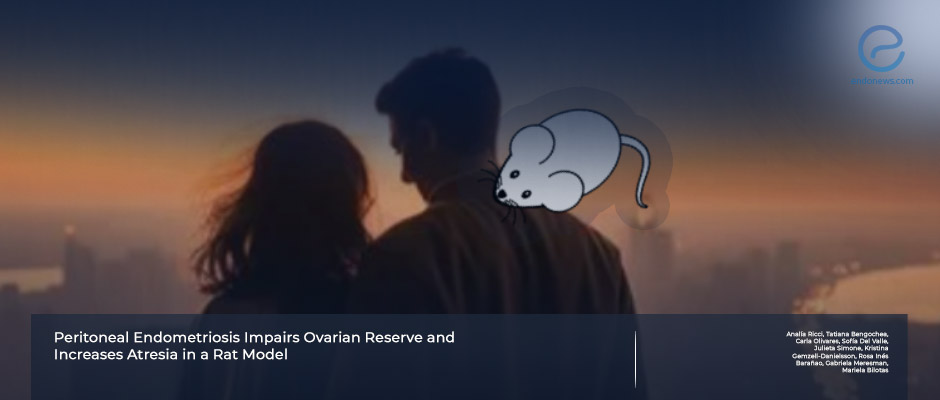
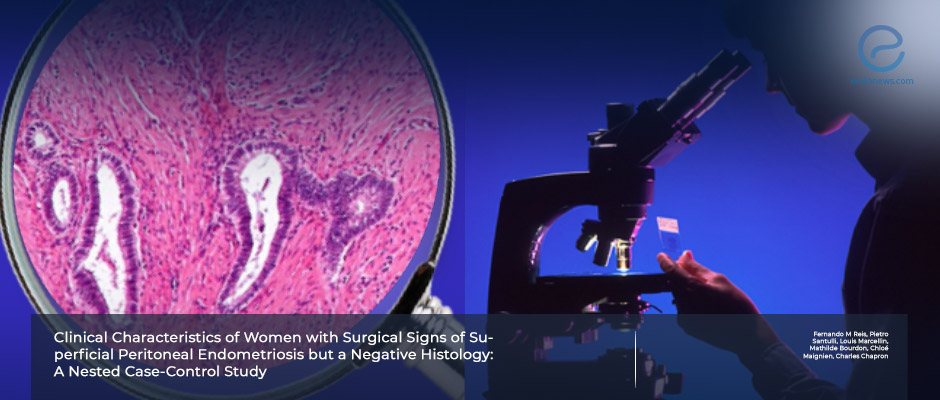
 By Selma Oransay
By Selma Oransay
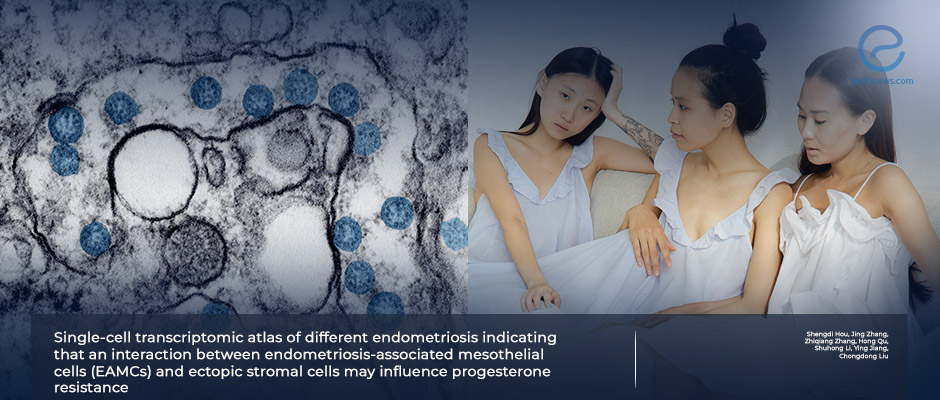
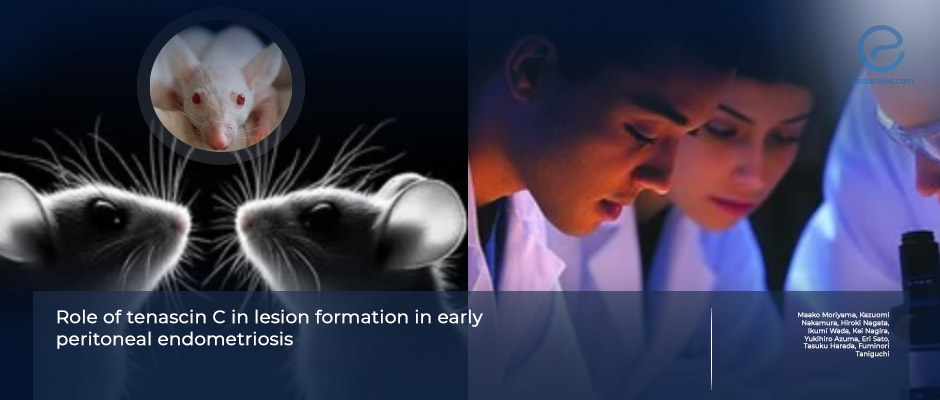
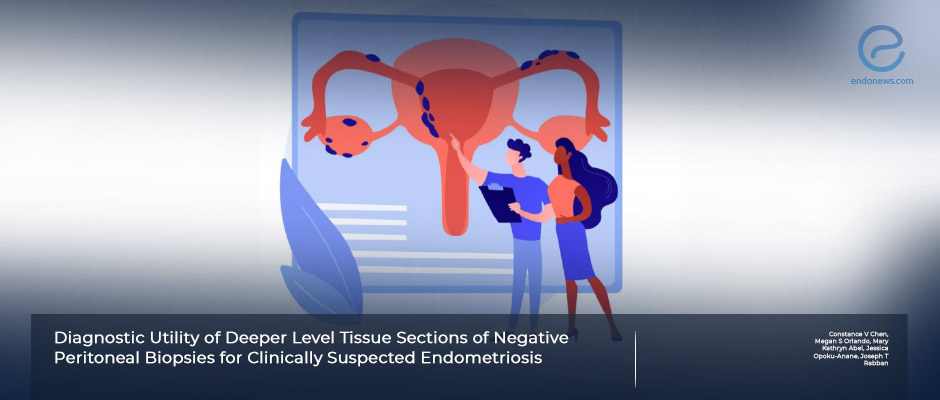
 By Nasuhi Engin Aydin
By Nasuhi Engin Aydin
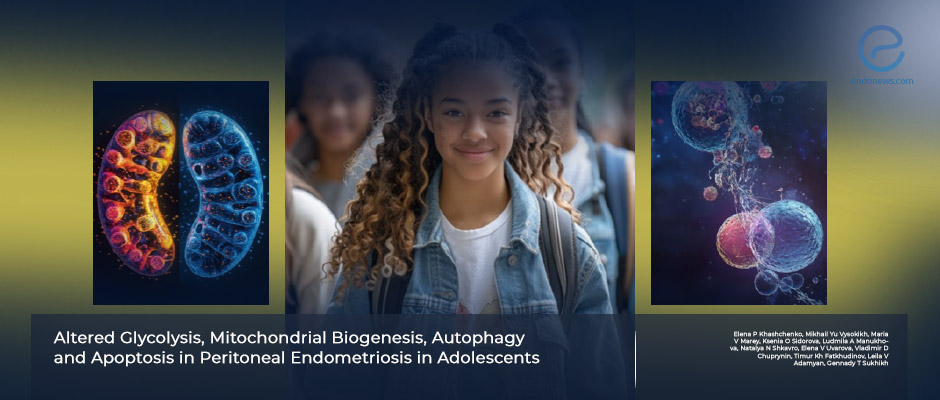
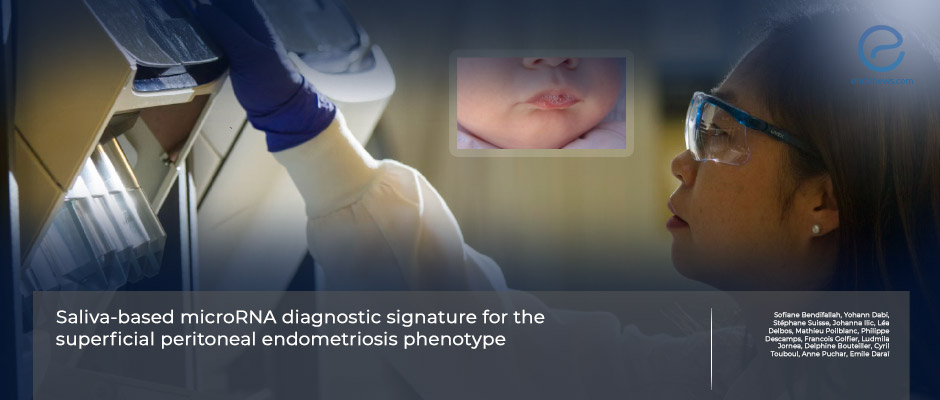
 By Eylül GÜN
By Eylül GÜN











 By Bahar Yuksel
By Bahar Yuksel




 By Ellen Tumimbang
By Ellen Tumimbang



 By Hale Goksever Celik
By Hale Goksever Celik

 By Irem Onur
By Irem Onur

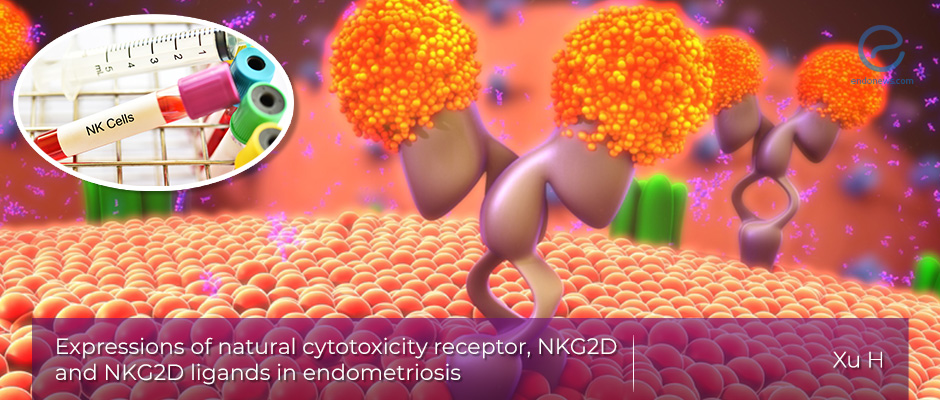
 By Yu Yu
By Yu Yu


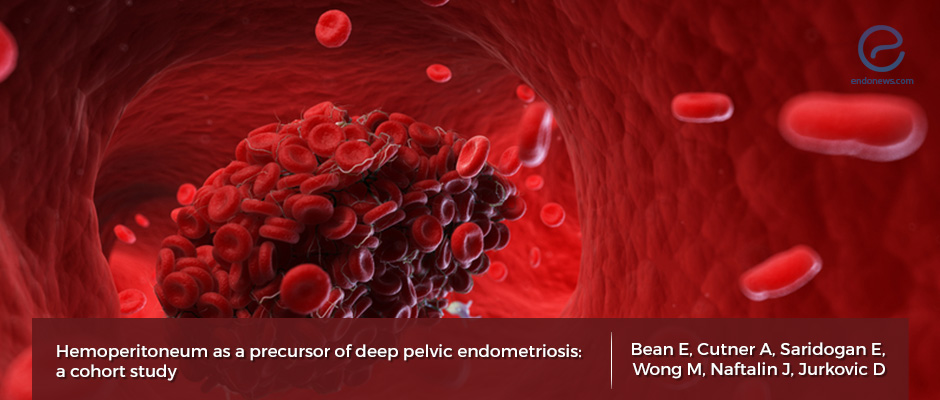
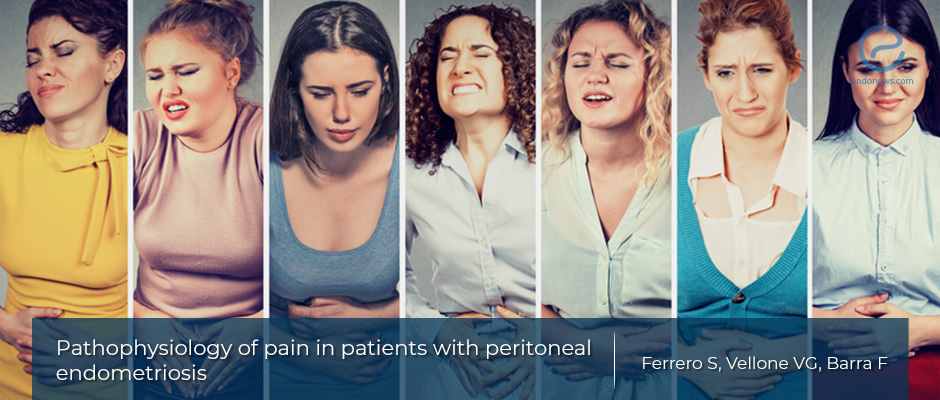
 By Serdar Balci
By Serdar Balci

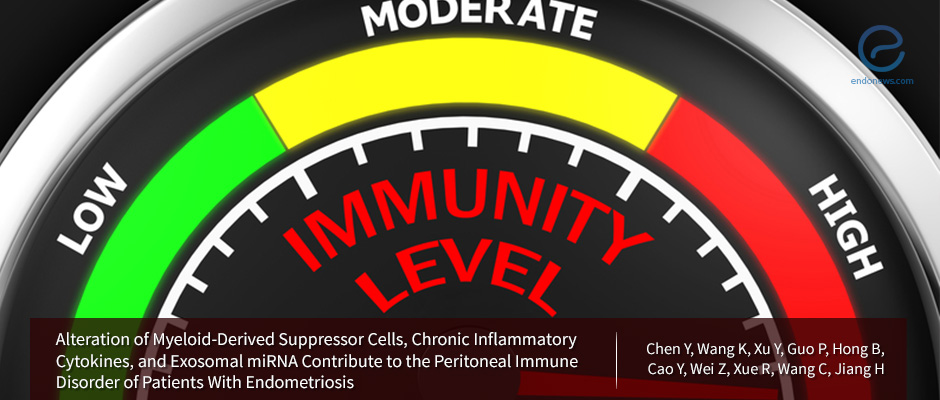
 By Dr. Youngran Park
By Dr. Youngran Park


 By Murat Osman
By Murat Osman

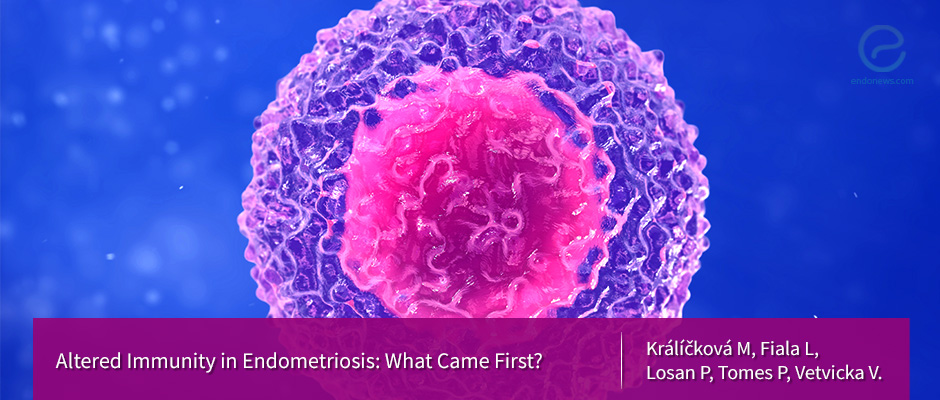
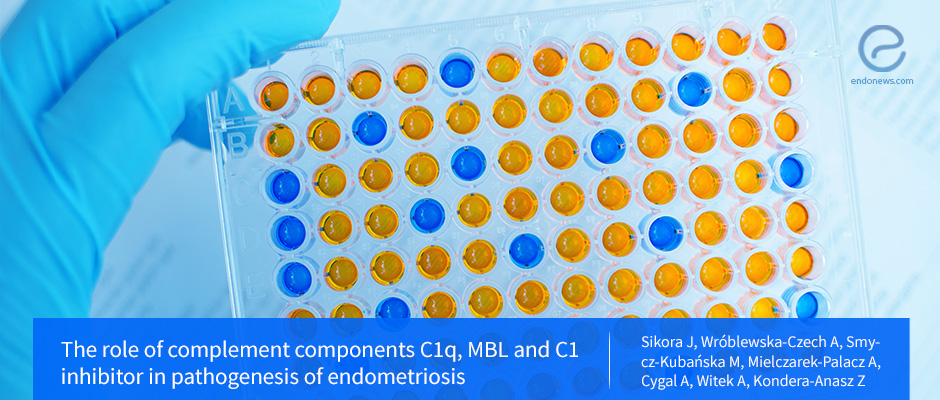
 By Kasthuri Nair
By Kasthuri Nair






